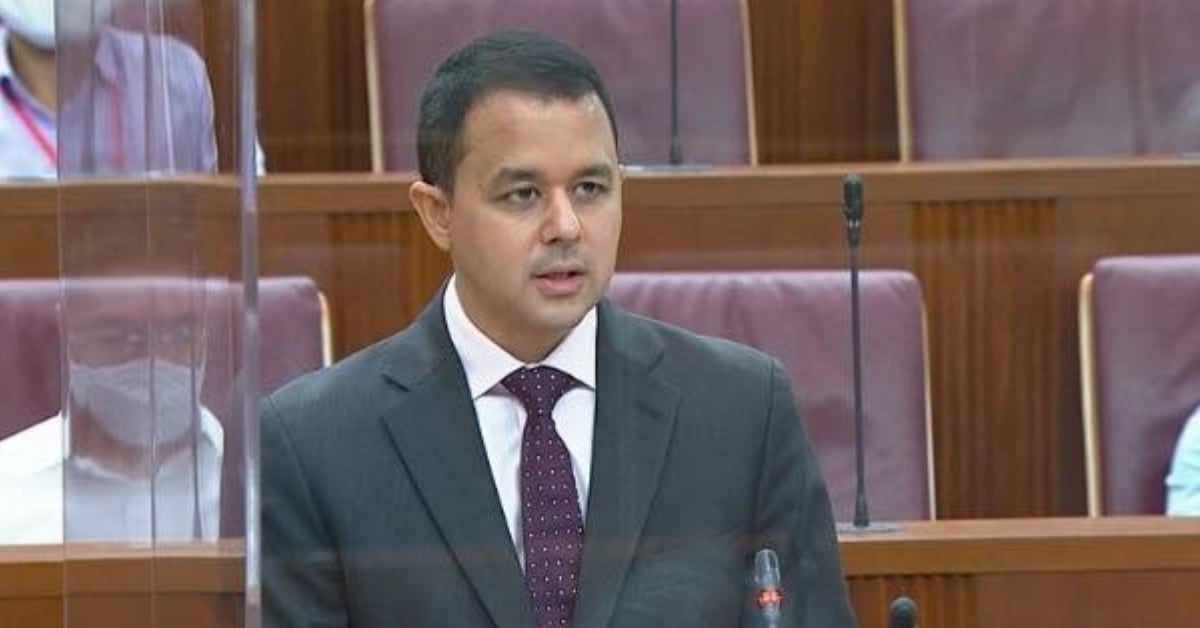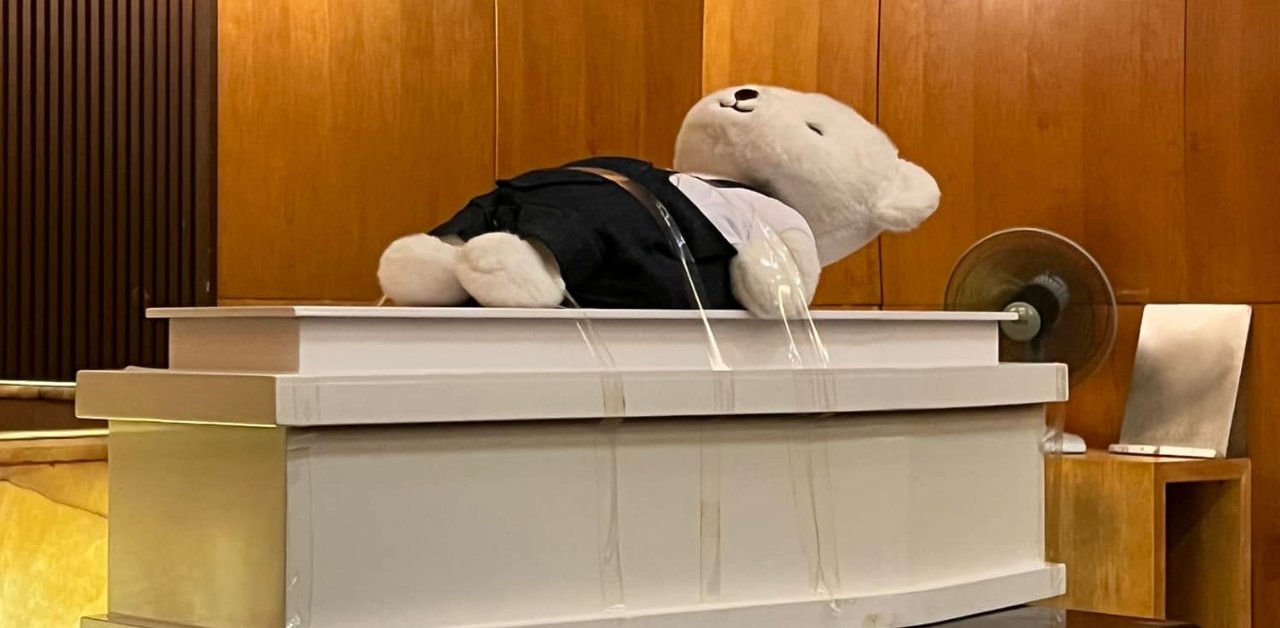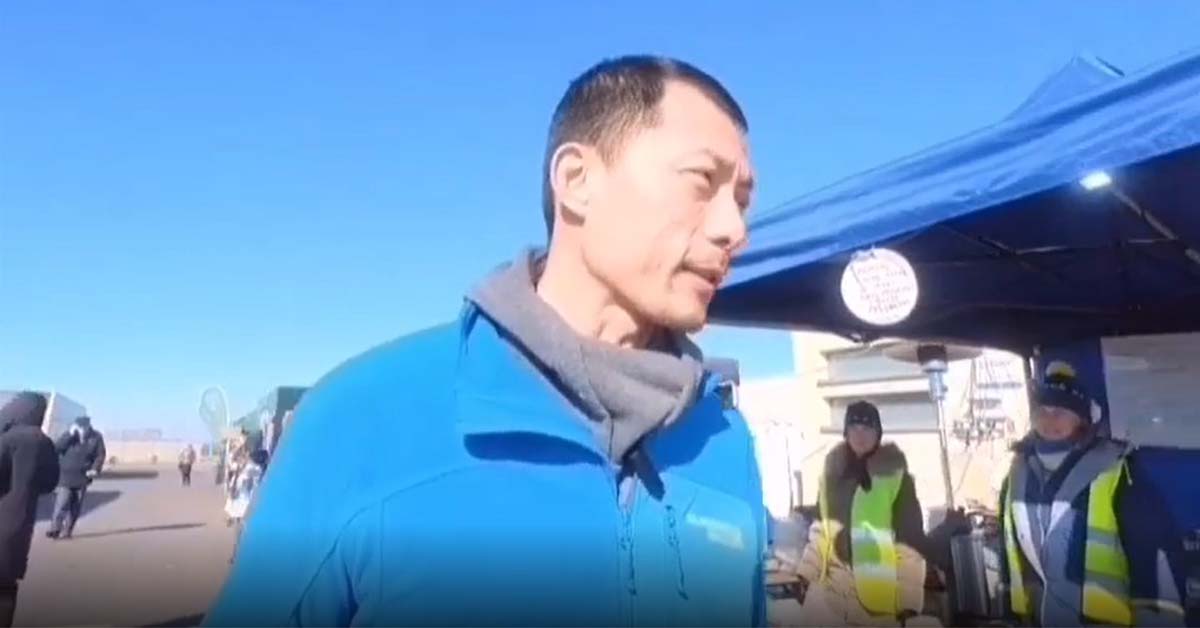Christopher de Souza, a prominent figure as the Deputy Speaker of Parliament and MP for Holland-Bukit Timah GRC, recently found himself under the legal microscope.
Earlier today, you might have read headlines about how the Law Society was seeking for a hefty four-year suspension for him.
But hours later, he’s been cleared of his misconduct.
So what happened?
What The Christopher de Souza Case is All About
The crux of the matter dates back to 2022. Mr de Souza was accused of assisting his client, Amber Compounding Pharmacy and Amber Laboratories, in concealing some pivotal evidence. This isn’t your everyday oversight; it’s a matter of legal integrity.
Here’s a bit more context: Amber, initially under the guidance of another law firm, secured a court order to search for specific documents. However, they had a clear directive: not to use these documents without additional court instructions.
But, in a twist, Amber went ahead and used some of these documents to lodge reports with various authorities.
When the legal baton was passed to Lee & Lee, Mr de Souza stepped in, advising Amber to seek the court’s nod to use the documents.
But here’s where the plot thickens: Mr Madan Assomull, representing the Law Society, alleged that Mr de Souza was well aware of Amber’s actions but chose not to disclose this in a crucial affidavit.
Mr Assomull raised concerns about the ambiguity of the affidavit, hinting at a possible deliberate oversight. On the flip side, de Souza’s legal counsel, Senior Counsel Tan Chee Meng, countered by saying that the affidavit did, in fact, shed light on Amber’s actions.
Justice Woo weighed in, noting that the contentious paragraph wasn’t as straightforward as one might hope. He shared, “I had to read paragraph 24 many times because it’s not as clear as he made it out to be.”
Mr Tan acknowledged that the affidavit’s wording could have been more precise but emphasized that this lack of clarity wasn’t indicative of any intent to aid Amber in withholding evidence.
He even presented an internal email where de Souza expressed reservations about certain amendments made by Amber’s representative.
However, Mr Assomull posed a thought-provoking question: Should the court set a precedent where lawyers can attribute such significant oversights to mere drafting errors?
After careful consideration, the Court of Three Judges sided with de Souza, stating that the Law Society couldn’t conclusively prove any ill intent on his part.
Mr de Souza has since responded through his lawyers, saying that he is extremely pleased he had been vindicated after three years.
In the statement, they added, “The allegations against him for suppression of evidence, as well as the other charges, were totally unfounded.”



